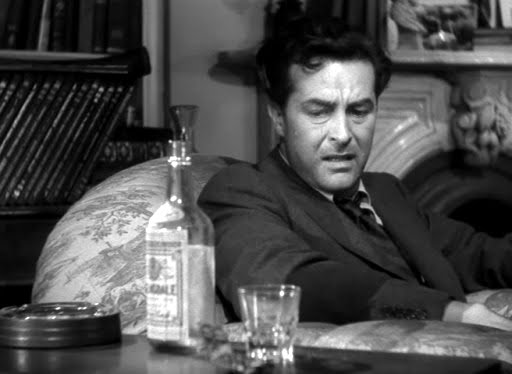It’s always fun to see how far the Coen Brothers have come. There was a time after “Blood Simple,” before “Fargo” and surrounding the time of their Cannes victory for “Barton Fink” that the Coens had a peculiar reputation in the critical community, not like today when they are practically revered beside Scorsese, and some of the few American directors people actually eagerly anticipate movies from.
Rather, they were seen as remarkable stylists so in love with the movies that the Coens established a cult following and cult hatred long before “The Big Lebowski.” Some of their movies, as critics argued, were all style over substance, exotic plunges into cinema itself with plots that were intentionally contrived or outrageous, dialogue that was purposefully literary and fantastical and characters that were not just aiming for parody but were steeped in it.
The other three movies they made in this time period were “Raising Arizona,” which is a cult classic comedy that I couldn’t even get through, “Miller’s Crossing,” which I haven’t seen and is probably one of their lesser known dramas, and “The Hudsucker Proxy,” which I watched last evening.
“The Hudsucker Proxy” so perfectly sums up the moment in cinema history that were these infuriating and revolutionary characters the Coens before they were the Coens. It is a film that was generally panned when released but today has a solid following for the strongest of Coen fans. The reason for it is that it was thought they had made a film so in love with their own cinema dissertation that even fans would not get past it, a film so intentionally cliche it was maddening.
Roger Ebert’s two star review wonderfully analyzes each school of thought in either reviling the film or hailing it as a masterpiece. “The problem with the movie is it’s all surface and no substance,” one side of his brain says, while the other chimes in that, “That’s the tired old rap against the Coens… How many movies do have heart these days?… One good reason to go to the movies is feast the eyes, even if the brain is left unchallenged.”
Except the movie does have mental challenges, just not for the moral side of the brain. How and why the Coens choose to recreate so many historical cinema cues without actually making them a parody is part of the film’s mystique. At times it undoubtedly is too excessive even in its excess, but it falls back on its own sense of quirk and charm even if you’re not familiar with all the references they drum up.
It also continued to prove to me why Paul Newman is one of my all time favorite actors. He along with Tim Robbins and especially Jennifer Jason Leigh channeling Rosalind Russell in “His Girl Friday” are terrific. I will say though that if the Coens made this movie today, they would have cast J.K. Simmons in the part of the newspaper editor.
So yes, maybe the origin story of the Hula Hoop is not the most riveting or heartening tale of the rat race and romance in the 1950s, but “The Hudsucker Proxy” deserves to be seen as a relic of film history, both past and present.



